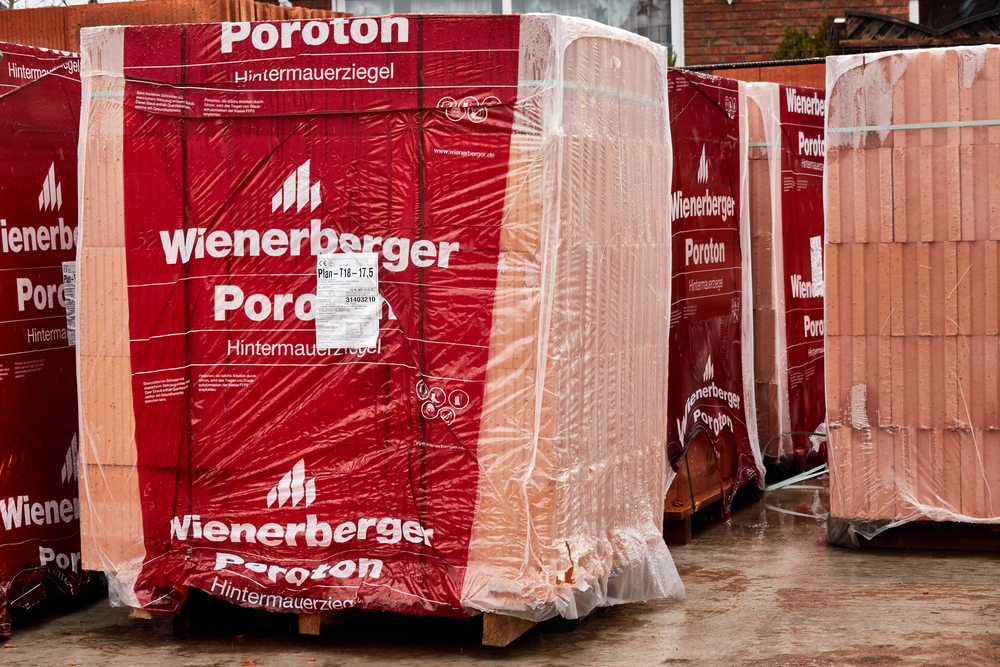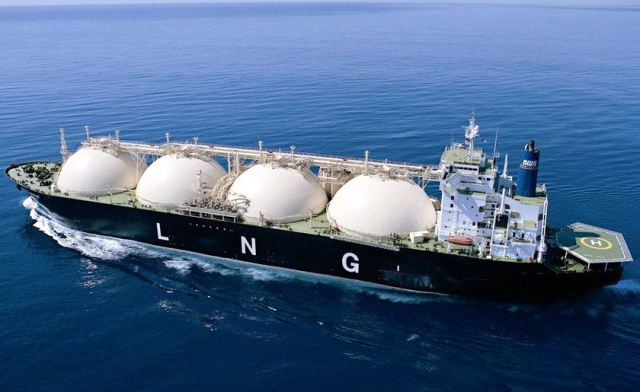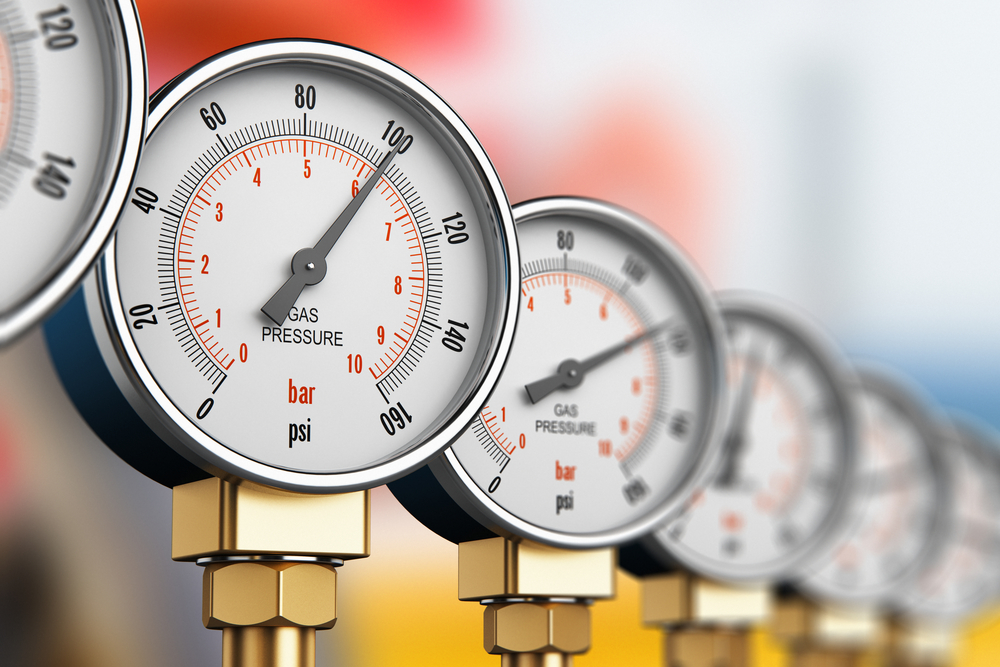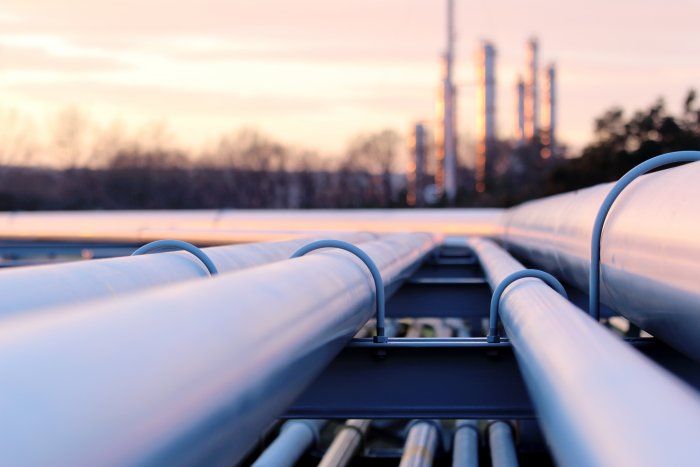EIB’s 1st Green Loan for Hungary Will Unlock EUR 300 mln for Improved Home Energy Efficiency

Teresa Czerwińska
The European Investment Bank (EIB), the bank of the European Union, is to provide EUR 300 million to the Ministry of Finance of Hungary to co-finance the Hungarian government’s national Home Renovation Program to improve the energy efficiency of homes and reduce energy costs.
The deal was signed by the parties just before Christmas. Hungary’s Home Renovation Program will use the funds for the energy efficiency retrofit of homes and the installation of domestic renewable energy generation systems. The program was launched on Jan. 1, 2021, and offers reimbursements for up to half of the renovation costs. The maximum amount of funding is HUF 3 mln (approximately EUR 8,500) per household.
This is the first EIB loan under its new green loan label signed anywhere in Central and Southeastern Europe. It will seek to accelerate Hungary’s green transformation into a carbon-neutral economy, as well as plans under the European Green Deal to transform the European Union into a carbon-neutral economy by 2050. The EIB says the financing will also help achieve the goals set in the European Commission’s Renovation Wave for Europe initiative.
First published in 2020, the renovation scheme focuses on three principal areas: Tackling energy poverty and the worst-performing buildings; targetting public facilities and social infrastructure; and decarbonizing heating and cooling.
“This operation is our first green loan in Hungary, and a good model of cooperation between the EIB and the countries in Central Europe on decarbonization and climate action, especially relevant as all regional governments have improved energy efficiency of private homes high on their list of priorities,” EIB Media Officer Tibor Jóna tells the Budapest Business Journal.
“Also, we see these kinds of investments in energy efficiency as a good way to jump-start regional economies in the wake of the pandemic and accelerate post-pandemic growth and job creation,” he adds.
Making History
EIB vice president Teresa Czerwińska, who is in charge of European Investment Bank operations in Hungary, says that signing its first green loan with Hungary is history-making.
“The loan is a triple win for Hungarians, the European Union and the global climate, and an important step towards delivering on the ambitious goals of the European Green Deal. It will enable Hungarians to improve their quality of life and save money thanks to lower energy bills as a result of more energy-efficient homes,” she explains.
“Loans like this will help the European Union become carbon neutral faster, and in turn, contribute to the success of global climate action. Hungary was among the first EU countries to ratify the Paris Agreement as the global roadmap to address the existential threat brought by rising global temperatures. As the EU bank, we are glad we can support Hungary’s green ambition and its transformation into a green and sustainable society,” she adds.
The operation will support investments in reducing energy demand and improving the reliability and security of supply in the country. In parallel, financing from the EU bank will help reduce greenhouse gases and alleviate air pollution. Energy efficiency investments will generate local and regional economic activity and thus increase employment, the bank argues.
According to EIB data, Hungarian households consume 34% of the country’s total energy, which is more than transport (24%) or industry (23%), making investments in the energy efficiency of homes vital for meeting the carbon-neutral ambitions.
National Priority
On the national level, the loan accelerates the National Energy Strategy and the National Energy Efficiency Action Plan, which designate energy efficiency as a national priority and call for reduced energy imports, improved energy security and increased energy affordability.
Improving energy efficiency has a crucial role in achieving carbon neutrality, both at the member state and EU level. Buildings in the European Union are responsible for 40% of the bloc’s energy consumption and 36% of greenhouse gas emissions.
On top of reducing emissions of greenhouse gases, home renovations and measures to improve the energy efficiency of homes will enhance people’s quality of life, improve public health and create additional green jobs in the construction sector, the EIB says.
According to the European Commission, only 1% of buildings in the European Union undergo energy-efficient renovation every year. Roughly 75% of buildings in the European Union are not energy efficient. Investment in energy efficiency will also bring additional social and economic benefits to nearly 34 million Europeans who cannot afford to heat their homes properly.
Renovating buildings is therefore essential and has been singled out in the European Green Deal as a critical initiative to drive energy efficiency in the sector and deliver on objectives. In 2020, the European Commission published its strategy to boost what it calls a renovation wave for Europe. It pursues a dual ambition of energy gains and economic growth and aims to double annual energy renovation rates in the next 10 years.
The EIB in Hungary
EIB lending commitments in Hungary since the start of the bank’s activity in the country are currently close to EUR 21.6 billion. Between 2008 and 2018 alone, the EIB signed for support worth EUR 13 billion. EIB operations cover such important sectors of the Hungarian economy as transport, the environment, energy infrastructure, manufacturing and services.
Another core component of the bank’s activity in Hungary is the promotion of small- and medium-sized enterprises (SMEs) by increasing their access to long-term financing through local financial institutions. Since 2001, the EU bank has supported 5,172 Hungarian SMEs, sustaining 263,767 jobs in the process.
This article was first published in the Budapest Business Journal print issue of January 28, 2022.
SUPPORT THE BUDAPEST BUSINESS JOURNAL
Producing journalism that is worthy of the name is a costly business. For 27 years, the publishers, editors and reporters of the Budapest Business Journal have striven to bring you business news that works, information that you can trust, that is factual, accurate and presented without fear or favor.
Newspaper organizations across the globe have struggled to find a business model that allows them to continue to excel, without compromising their ability to perform. Most recently, some have experimented with the idea of involving their most important stakeholders, their readers.
We would like to offer that same opportunity to our readers. We would like to invite you to help us deliver the quality business journalism you require. Hit our Support the BBJ button and you can choose the how much and how often you send us your contributions.









